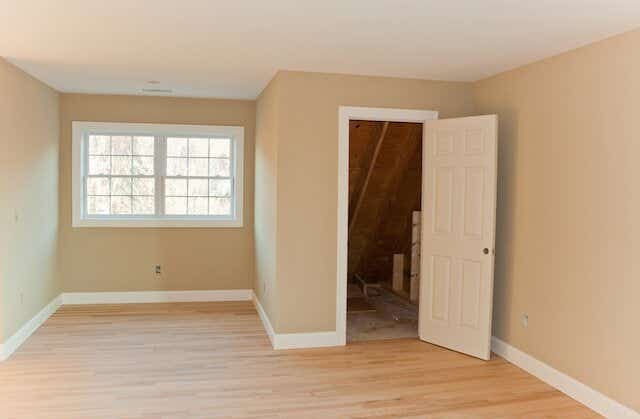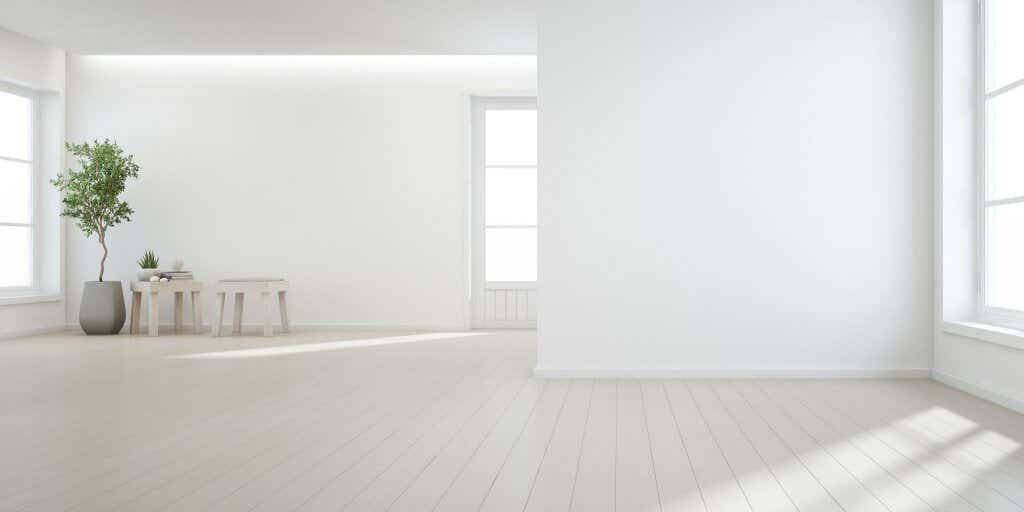Homeowners may have a variety of reasons for being away from home for long periods or not living in their property, but an unoccupied property can impact the type of insurance cover you receive.
Read our guide to learn more about unoccupied property insurance and the general features of non-standard home insurance, or get a quote.
What property is unoccupied house insurance for?
Officially your home should not go unoccupied for longer than 30 days (some insurers might offer a longer period, but 30 days is standard). After 30 days, your home will be classed as an "unoccupied property". If you have not informed your insurer you will be leaving your home unoccupied, it could refuse to pay out, should you need to make a claim.
Insurers may accept a one-off period when your home is empty but may charge an additional premium, or they may refuse to insure you.
Whether you use your property as a holiday home or it's awaiting sale, or you have any other reason that could leave it unoccupied for longer than 30 days, you may wish to consider taking out a non-standard home insurance policy. This can cover your unoccupied property.
Could you get a better deal on your building insurance?
Our home insurance comparison service is free and simple – and could save you money when you compare and switch.
What is unoccupied home insurance?
Unoccupied home insurance provides cover for homes left empty for long periods. There are additional risks that the insurer agrees to cover.
For example, the risk of burglary or vandalism increases as criminals scout roads looking for those unoccupied. Empty homes are easier to burgle and the criminals have more time, so can steal more of your property.
But also leaks, damp, mould and even fire damage can go unnoticed for longer, leading to much worse damage that is more expensive to repair or replace.
Standard insurance policies say your home shouldn't go unoccupied for longer than 30 days. Some insurance policies may give you a longer period – for example 40 or 60 days. After the permitted period, your home will be an "unoccupied property". You need to make sure you have correct insurance in place for this.
If you don’t, your standard insurer will have the right to refuse a claim, if you need to make one.

Why does being unoccupied affect my home insurance?
When your house or flat is empty for a long period of time, there's the risk that you're more likely to make a claim.
For example, a house that's not being lived in may become a target for burglars. If there's any damage due to a water leak or fire, it may not be discovered immediately, leading to greater damage and a higher claim.
If the house is locked up there may be a greater chance of mould or dampness, especially if it's in the winter and it's unheated.
There is also the risk that your home may be squatted.
Do I need empty home insurance?
Your insurer will be able to tell you whether you're still covered for home insurance if your house or flat is unoccupied.
It may be that you're covered, but you need to take extra precautions to keep your home safe in the event of it being empty for a long time. This might include safety measures such as, turning off water and electricity, making regular checks, and installing a fire or burglar alarm.
Non-standard home insurance
The knowledge and experience of a non-standard home insurance provider should help them understand your specific home insurance requirements better than a regular insurance provider.
As a result, you should get a cheaper home insurance quote than if you took out a standard policy and made them aware that your home would be left empty for long periods.
Non-standard home insurance risks include anything that you may not consider to be common with a home.
This includes a range of factors such as, a home being unoccupied for longer than 30 days or if a large proportion of the property was built with non-standard materials such as wood, glass or metal.
Read our full guide to non-standard home insurance to learn more, or use the link below to start comparing quotes.

